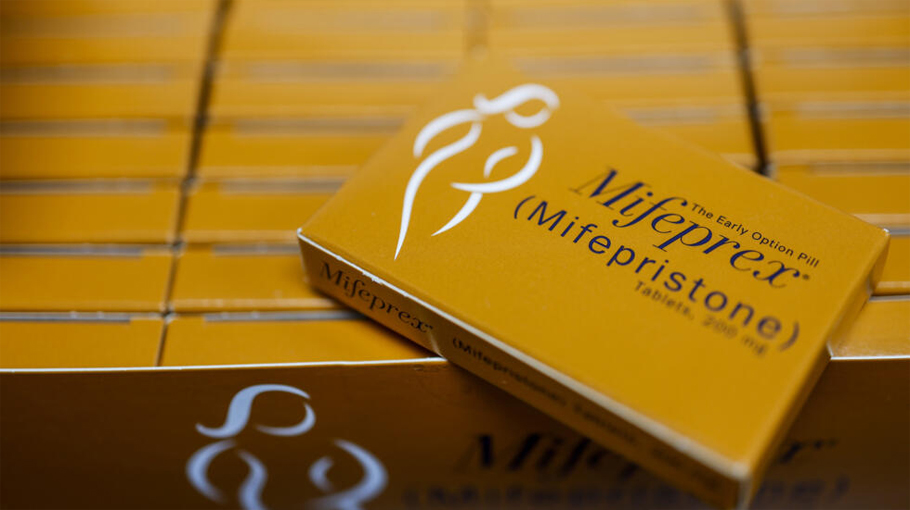US court restricts access to abortion pill, ruling on hold

A US federal appeals court on Wednesday imposed restrictions on a widely used abortion pill, but the ruling will remain on hold as the Supreme Court decides whether to hear the case.
The ruling by a three-judge panel of the New Orleans-based 5th Circuit Court of Appeals would limit use of mifepristone to the first seven weeks of pregnancy, instead of 10, and block it from being distributed by mail.
It would also require the abortion pill, which accounts for more than half of the abortions in the United States, to be prescribed by a doctor.
Despite the ruling by the panel of conservative judges, two of whom were appointed by former president Donald Trump and one by former president George W. Bush, the drug will remain on the market for the time being.
Anti-abortion groups are seeking to have mifepristone banned, claiming despite its long track record that it is unsafe. The case is the latest skirmish in the battle over reproductive rights in the United States.
The appeals court said the Food and Drug Administration (FDA), which approved the abortion pill in 2000 and made it more readily available in 2016, "failed to address several important concerns about whether the drug would be safe for the women who use it."
At a hearing in May, the three judges pushed back against government arguments that the decision on whether to allow the use of mifepristone should be left to the FDA.
The case stems from an earlier ruling by a conservative US District Court judge in Texas that would have banned mifepristone.
The 5th Circuit Court blocked a ban on the abortion pill, but imposed restrictions on access, after which the baton was handed to the Supreme Court, where conservatives wield a 6-3 majority.
The Supreme Court temporarily preserved access to mifepristone, freezing the rulings by the lower courts and sending the case back to the 5th Circuit, whose latest decision will also remain on hold until the nation's highest court decides whether it will hear the case.
It would be the most significant abortion case to reach the nine-member Supreme Court since it overturned the constitutional right to the procedure in June of last year.
Since then, some 20 states, mostly in the South and the Midwest, have prohibited abortion outright or restricted access while others, mainly on the coasts, have moved to protect it.
- 'Exemplary safety' -
The 5th Circuit Court's ruling, if allowed to stand, would "significantly roll back the ability for women in every state to get the health care they need, and undermine FDA's scientific, evidence-based process for approving safe and effective medications," White House press secretary Karine Jean-Pierre said in a statement.
She added that the Biden administration "will continue to fight for women's freedom to make decisions about their own bodies."
The Center for Reproductive Rights, a legal advocacy organization, said on X, formerly known as Twitter, there is "scientific CONSENSUS on the exemplary safety and efficacy of mifepristone.
"Medication abortion is used in over half of all abortions in the US and the imposition of outdated, unscientific restrictions will harm millions of the most vulnerable pregnant people in the US," it said.
Katie Daniel, state policy director of the anti-abortion group Susan B. Anthony Pro-Life America, welcomed the court's decision.
"The FDA ignored science and its own rules when it rubber-stamped Democrats' reckless mail-order abortion scheme," Daniel said.
"We won't rest until the FDA and the profit-driven abortion industry are held accountable for the suffering they've inflicted on women and girls, as well as the deaths of countless unborn children," she said.
The FDA estimates that 5.6 million Americans have used it to terminate pregnancies since mifepristone was approved in 2000.




